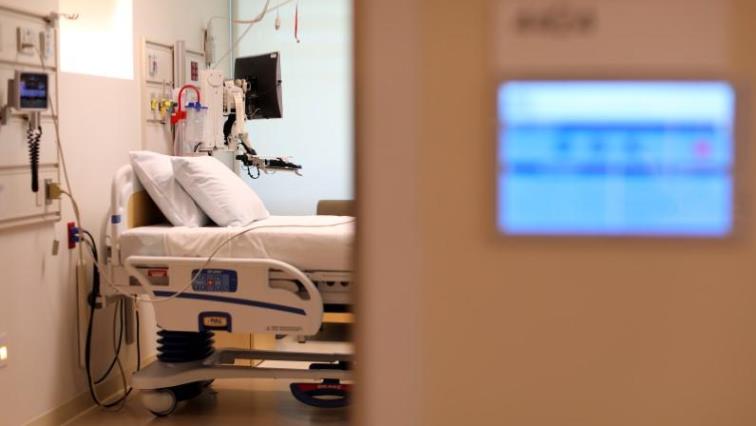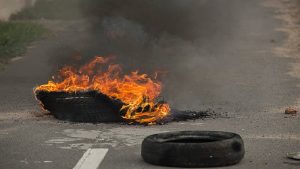The South African Human Rights Commission (SAHRC) has called on health-care workers to consider engaging its officials, when they fail to resolve their disputes with government, instead of embarking on a strike action that compromises the provision of health-care.
The commission on Thursday hosted a national dialogue in Johannesburg on the impact of protest action on the right to access health-care services. This follows a two-month long strike in the North West, as well as the violent protest at Charlotte Maxeke Hospital in Johannesburg.
The SAHRC has expressed concern that protest-related action is increasingly having a negative impact on the right to access health-care services, hence the dialogue.
The national Department of Health says some of the issues that result in strike action could be resolved if they were escalated to the right levels.
Deputy Director General in the Department Anban Pillay says they often discover that workers have grievances when the situation is out of control.
“What has not happened though is effective dialogue between the employer and the employee. So for example where there is a dispute between employees and the employer, matters are not elected to the right level to effectively effect that change. So we in the national department could potentially resolve some of these matters if they were alerted to us. What we do believe is that there should be a process of escalation so that we can become involved much earlier on in terms of trying to deal with them.”
Pillay has however acknowledged that the department is beset with challenges such as human resources, finances, poor hospital management and a lack of Infrastructure.
Nursing union Denosa says lack of resources makes it difficult for its members to perform optimally. Denosa General Secretary Cassim Lekgoathi has also accused government of not wanting to sign a service level agreement. Lekgoathi says that would ensure that patients are not neglected in the event of a strike.
“But I must also rebut the allegation that when there’s a strike the patients are being neglected. Maybe our colleagues in the media at times become sensational, because I don’t remember any ward or any department when there’s a strike where patients are being left unattended. And if that can happen one day when there’s a strike, please call me so that I can come and see that this ward, and this hospital is totally abandoned by nurses in particular.”
The SAHRC has urged health-care workers to engage the commission if they fail to find common ground with government. Commission chairperson Bongani Majola has also appealed to government to development early warning systems in order to resolve issues as soon as they are raised.
“Where the state fails to engage properly we’d like to encourage the trade union movement and workers together to consider engaging the commission instead of venting their frustrations on innocent and ailing members of the public who are compelled by their conditions to seek help in public hospitals and clinics. The commission is committed to ensuring that the human rights of everyone are promoted and protected and this includes the rights of health-care workers.”
Executive Director of Non-Governmental Organisation Section27, Mark Heywood says no matter how short a strike is, its impact on access can have longer-term consequences for the health-care system. “One of our worries about the North West and so on is the inability of people with HIV or TB to get medicines is going to lead to a higher defaulter rate of people, as they don’t come back to clinics in order to get their medicines. Inability of people to get TB medicines is going to contribute to multi-drug resistant TB and so on. We also think that one of the effects of violence that is associated with protest action and with strike action sometimes is to drive people out of the health-care system.”
The National Education Health and Allied Workers’ Union, Nehawu, which was behind the prolonged North West strike and was also involved in the Charlotte Maxeke Hospital strike, was also scheduled to speak at the dialogue, but its representative did not show up.
The seminar concluded with the signing of a pledge where participants committed to protest action which is not harmful to society and does not negatively impact the right to access health-care services.






